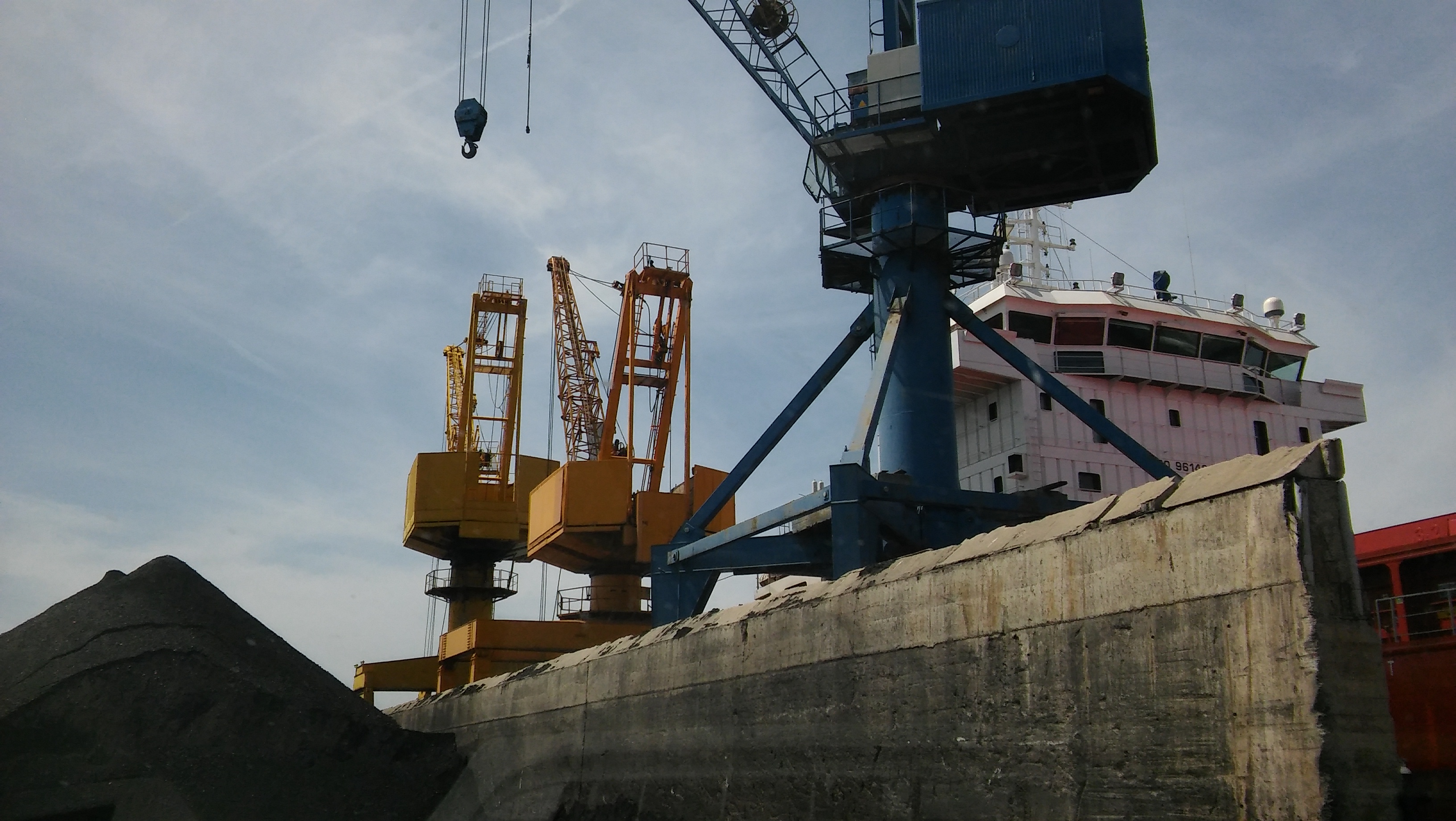
The presence of coal in the port of Alcúdia is reduced
In 2021 coal is no longer among the goods embarked and/or disembarked in the port.
Alcúdia
27/09/2021- Environment and CSR
- Technology and innovation
After years of decreasing traffic in the port of Alcúdia, in 2021 coal is no longer among the goods embarked and/or disembarked in the port. This confirms the trend to decarbonise energy production in the Balearic Islands, endorsed by the Balearic Islands Climate Change Law, which proposes that by 2050 all the energy produced in the archipelago should come from clean sources.
Decarbonisation in the Balearic Islands is combined with the massive development of renewable and storage technologies to make the most of renewable generation and facilitate the introduction of technological innovations in the existing fleet and modernisation of older facilities.
The port facilities are an example of this process, opting for non-emitting sources such as hydrogen in Maritime Station No. 4 of the port of Palma, which will become the first building of the Port Authority of the Balearic Islands with almost zero energy consumption.
Progressive decline
A gradual decline in coal imports through the port of Alcúdia has been registered in recent years. In 2018, the volume of goods exceeded one million tonnes, but in 2019, it fell to 718,378. The following year, it fell to 95,170 tonnes. In 2018 for example, 128 vessels were involved in this task, in comparison with 89 in 2019, and 11 in 2020.
The lack of demand for coal in Mallorca is mainly associated with the progressive reconversion of the Es Murterar thermal power station in Alcúdia. At the end of 2019, coal-fired groups 1 and 2 - the oldest - stopped operating and the other two reduced their operation to 1,500 hours per year.
In August 2021, a further step towards decarbonisation was taken, limiting the hours of operation to 500, which is equivalent to 20 days a year. Therefore, in two years coal has gone from generating 50% of electricity to less than 5%.







